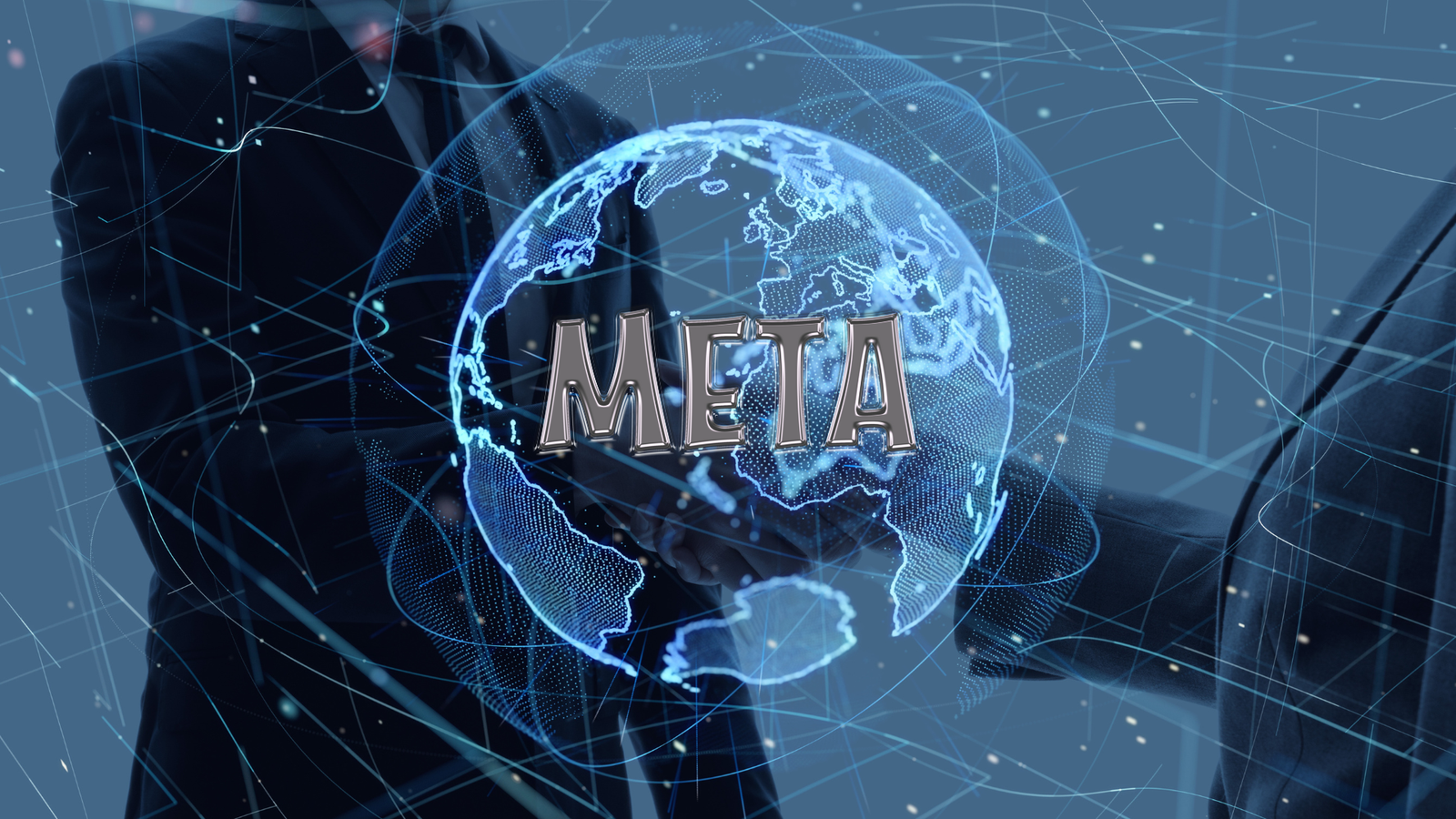Meta’s $14.3B Bet on AI: Can It Outpace OpenAI, Google, and Microsoft?
In a bold move that’s turning heads in Silicon Valley and beyond, Meta has just dropped a staggering $14.3 billion into Scale AI, snapping up a 49% stake and bringing its CEO onboard to lead new “superintelligence” initiatives. This isn’t just another big tech investment—it’s a strategic power play in the escalating AI arms race.
So what does this mean for the future of AI, and why should businesses, developers, and tech-watchers care? Let’s break it down.
What is Scale AI, and Why is Meta So Interested?
Scale AI is no stranger to the artificial intelligence scene. The company provides data infrastructure for AI training—essentially, it helps companies feed high-quality, labeled data to machine learning models. It’s been a foundational partner for AI labs working on computer vision, natural language processing, and autonomous systems.
With its significant investment in Scale AI, Meta isn’t merely buying technology, it’s buying infrastructure that can help move their own model development further. This investment could greatly reduce Meta’s need to rely on outside data suppliers and greatly enhance their capability to develop general AI.
What is “superintelligence” and why is Meta talking about it?
“Superintelligence” means an AI that is smarter than humans across nearly every measurable characteristic—think of it as the Holy Grail for AI researchers. We are not far at all from it, but companies like Meta, OpenAI, and Google DeepMind are racing to reach it first.
Zuckerberg has been pretty quiet on the AI front in the past few years, particularly since AI companies like OpenAI have increasingly become the main face of innovation. However, this investment is a clear signal that Meta is on the comeback trail—and loudly so. Meta hasn't just bought tech, by bringing in Scale AI's leadership, they are buying leadership and vision.
The Big 3 Showdown: Meta vs. OpenAI vs. Google
Here’s how the race is shaping up:
OpenAI, backed by Microsoft, is currently the most visible player with tools like ChatGPT and enterprise-grade GPT-4o.
Google DeepMind and Gemini are pushing forward with multimodal AI experiences and open research.
Meta has been developing its LLaMA (Large Language Model Meta AI) family, but this latest investment marks a pivot from quietly building to aggressively scaling.
Meta’s strategy now seems clear: leapfrog the competition by owning both the data pipelines and the model training stacks. With nearly half of Scale AI under its belt, it’s betting big that this vertical integration will give it an edge.
Why It's Important for Businesses
For small businesses, startups, and enterprises alike, the implications are enormous. Meta's expanding AI ecosystem may soon provide:
* Easier access to AI tools for marketing, customer engagement, and data analysis.
* Powerful integrations into platforms like Facebook, Instagram, and WhatsApp.
* New possibilities for automation, personalization, and predictive insights.
If Meta gets the ball rolling on a true superintelligent system—or even an advanced, business-ready alternative to GPT-4—AI could, for the first time, be democratized at an unprecedented scale.
Risks and Doubts
Not all the feedback is positive. Some experts are expressing concerns about the concentration of AI power into the few tech behemoths. Others point out that superintelligence is mostly still theoretical, and it may be a bad idea to throw billions of dollars into it.
Then there is the ethical question: How is Meta going to manage bias, mis/disinformation and data privacy in AI systems that learn, adapt and act without human intervention?
Zuckerberg and his team not only have technical hurdles to overcome but also regulatory and social hurdles.
What comes next?
Meta looks like it's ready to roll out its next generation of AI models later this year, and this ambitious partnership with Scale AI is setting the stage for a truly massive leap forward. All the stars aligned for Meta: talent, infrastructure, and ambition. It may be positioning itself to really be the contender in AI to watch for in 2025 and beyond.
At Skill Bloomer, we believe that every advancement in AI presents a fresh opportunity to rethink how businesses work, how they sell, and how they grow.What Meta released is more than just a headline - it is a signal that AI development is shifting to a different stage and scale of impact. Stay tuned because the AI race is picking up speed and the winners will be those that are fast to adapt, lifelong learners, and know how to use intelligent tools to win the future of work.
.svg)
.svg)

 For Instructor
For Instructor

